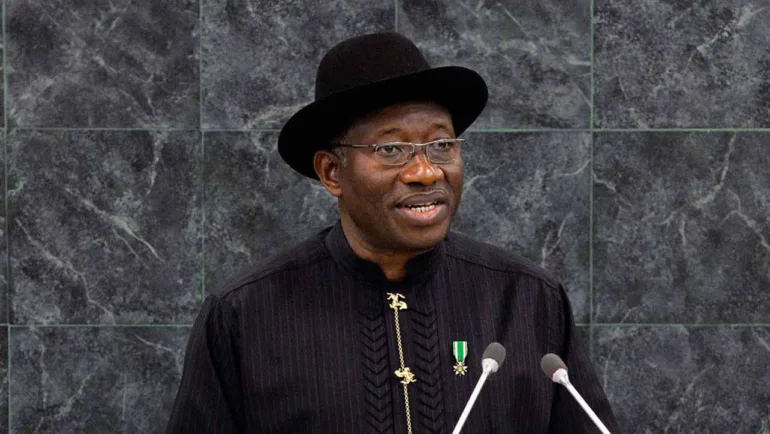Former federal lawmaker Shehu Sani has advised ex-President Goodluck Jonathan against running for the presidency in the 2027 general election, citing the weakened state of the Peoples Democratic Party (PDP).
Speaking during an appearance on Channels Television’s Sunday Politics, Sani argued that the PDP—under whose platform Jonathan won the presidency in 2011—is no longer the cohesive force it once was.
“Each time an election approaches, Jonathan’s name resurfaces. While it’s within his right to contest, I strongly advise against it,” Sani said. “The reason is simple: the PDP he once knew is no longer the same. Today, parts of the PDP, especially in the South-West, are aligning with President Tinubu. Some members are even involved in opposition coalitions. The party he knew no longer exists, so he shouldn’t waste his time.”
Jonathan served as vice president to the late President Umaru Musa Yar’Adua and assumed office following Yar’Adua’s death in May 2010. He was elected president in 2011 under the PDP and served until 2015. He ran for a second term but lost to Muhammadu Buhari of the All Progressives Congress (APC).
While the constitution permits Jonathan to run for one more term, he has not publicly indicated any interest. Nonetheless, speculation about his return has intensified in recent months, especially amid debates around a one-term Southern presidency and the emergence of a new opposition coalition formed by the African Democratic Congress (ADC).
Sani, who represented Kaduna Central in the 8th National Assembly, also expressed skepticism about the credibility of the new opposition coalition. According to him, the coalition lacks a clear ideological alternative to the Tinubu administration.
“We are in a democracy, and it is the right of any group to form an opposition. However, if their only objective is to remove Tinubu without offering a distinct alternative in terms of policy or governance style, then they have no real agenda,” he said.
“The people in this coalition are not ideologically different from those in the current administration. They share the same economic outlook—policies like subsidy removal, currency devaluation, and liberal economic reforms. So, it’s not like we’re seeing a clash between Marxists and Capitalists or between Conservatives and Progressives.”


